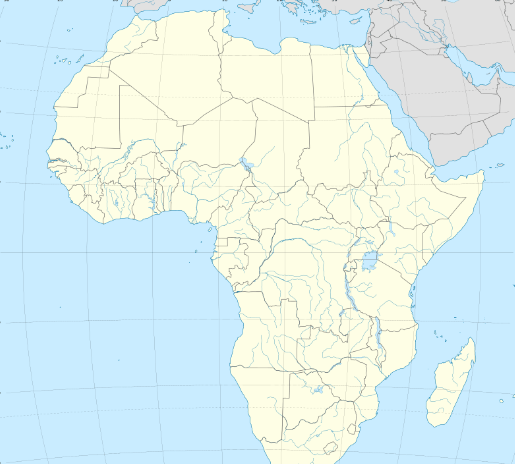Map:Iab75_6wu5u= Africa

The map “Iab75_6wu5u= Africa” serves as a vital resource for understanding the continent’s multifaceted nature, encompassing its diverse geographical features, cultural richness, and promising economic landscape. By examining these elements, one can appreciate how they interconnect and influence the continent’s identity. Additionally, the map raises important considerations regarding sustainable development and the ecological challenges facing Africa today. As we explore these dimensions further, the implications for future growth and stability become increasingly significant. What insights might this map reveal about Africa’s path forward?
Overview of Africa’s Geography
Africa, comprising 54 countries, is the second-largest continent, covering approximately 30.2 million square kilometers, which represents about 20% of the Earth’s total land area.
Its geography is characterized by diverse physical features, including vast deserts, mountain ranges, and extensive savannas.
The continent hosts various climate zones, from tropical rainforests to arid deserts, influencing ecosystems and human activities across its regions.
See also: Map:Diwjkmj8_Vo= Italy
Cultural Diversity Across Regions
Reflecting a rich tapestry of history and tradition, the cultural diversity found across Africa’s regions is both profound and multifaceted.
It encompasses varied cultural heritage, traditional practices, and linguistic diversity, while social customs and artistic expressions thrive.
Regional festivals celebrate these differences, showcasing distinct culinary traditions and music styles, each contributing to the continent’s vibrant identity and enriching the global cultural landscape.
Economic Highlights and Opportunities
The continent’s rich cultural diversity plays a significant role in shaping its economic landscape, presenting unique opportunities across various sectors.
Notably, enhanced trade partnerships and substantial investment potential reflect emerging market trends.
Effective resource management is crucial for sustainable growth, while technology innovation drives competitiveness.
Furthermore, infrastructure development remains a pivotal factor in unlocking Africa’s vast economic capabilities, fostering resilience and future prosperity.
Ecological Insights and Conservation
Amidst the growing recognition of ecological challenges, Africa’s biodiversity and natural resources are increasingly at risk due to climate change, habitat loss, and unsustainable practices.
Effective conservation strategies are essential to protect biodiversity hotspots, which harbor unique species and ecosystems.
Implementing community-based conservation initiatives and sustainable resource management can mitigate threats, fostering resilience and promoting ecological integrity across the continent’s diverse landscapes.
Conclusion
In conclusion, Africa emerges as a continent of profound contrasts, where the majesty of its landscapes coexists with a rich cultural heritage and untapped economic potential. The intricate interplay between geography, culture, and economy not only defines Africa’s identity but also presents a formidable canvas for sustainable development. As the continent navigates ecological challenges, the imperative for responsible resource management becomes a clarion call, underscoring the necessity of harmony between growth and conservation for future generations.





